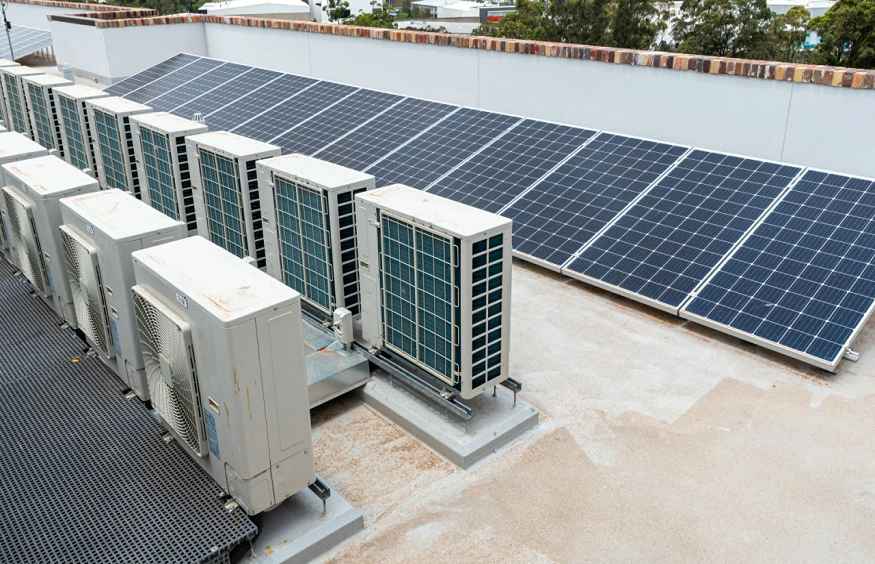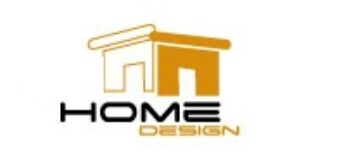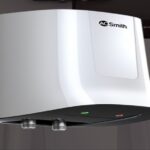Solar energy and air conditioning are integral components of modern living, contributing to environmental sustainability and personal comfort. This comprehensive guide delves into the nuances of solar panel installation and air conditioning systems, exploring both DIY and professional services, costs, benefits, and functionalities.
Solar Panels
What are solar panels?

Comprised of interconnected solar cells made primarily of silicon enables a renewable, sustainable energy source.
How do solar panels work?
Solar panels operate through the photovoltaic effect, transforming sunlight into direct current (DC) electricity. An inverter then converts DC into alternating current (AC), suitable for powering household devices.
Pros and Cons of Solar Panels
- Pros:
- Renewable Energy Source: Utilizing sunlight reduces dependence on fossil fuels.
- Cost Savings: Significant long-term savings on energy bills.
- Environmental Benefits: Minimal impact on the environment.
- Cons:
- High Initial Investment: Upfront costs can be considerable.
- Weather Dependency: Efficiency is weather-dependent.
- Space Requirements: Adequate space is essential.
Air Conditioning
What is air conditioning?
Air conditioning is a technology that alters the properties of air, primarily temperature and humidity, to more comfortable conditions. The process involves removing heat from a designated area, cooling the air, and eliminating moisture if necessary.
Benefits of Air Conditioning
- Comfort: Enhances comfort by maintaining optimal temperature and humidity.
- Health: Improves air quality by filtering pollutants.
- Efficiency: Modern units are energy-efficient, reducing electricity consumption.
Cost of Air Conditioning (€)
The cost of air conditioning varies based on the type, size, and installation. On average, a home air conditioning system in Europe ranges from €1,500 to €5,000. Maintenance and operating costs add to the overall expenses but are generally manageable with energy-efficient models.
Solar Panel Installation: DIY vs. Professional Services
DIY Solar Panel Installation
- Cost Savings (€): Potentially substantial savings, ranging from €1,000 to €5,000.
- Learning Experience: Offers valuable knowledge in renewable energy.
- Flexibility and Control: Allows customization of design and components.
Professional Solar Panel Installation Services
- Expertise and Experience: Ensures correct and efficient installation.
- Time Efficiency: A quicker and hassle-free process.
- Warranty and Support: Offers warranties and professional support.
Factors to Consider
- Skill and Experience: Assess personal skills and experience in electrical work.
- System Complexity: Complexity influences the decision between DIY and professional services.
- Budget: Compare the costs of DIY and professional installations.
Cost of Solar Panel System with and without Battery Storage (€)
A standard residential solar panel system ranges from €5,000 to €15,000. Adding battery storage increases the cost, ranging from €2,000 to €10,000.
Battery Storage
Battery storage allows excess solar energy to be saved for later use. It enhances energy independence, and time-of-use optimization, and offers off-grid living possibilities.
Combining Solar Panels and Air Conditioning for Sustainability
Combining solar panels with energy-efficient air conditioning provides a harmonized approach to sustainable living. Solar energy can power air conditioning units, offering an eco-friendly solution to comfort.
At Solares Energies, we offer advanced solar technology and air conditioning systems in Marbella. Our solar panels utilize Marbella’s abundant sunlight, reducing energy bills, and promoting sustainability. Our air conditioning systems are designed for Marbella’s climate, ensuring comfort and energy efficiency.
Whether residential or commercial, small or comprehensive, Solares Energies provides top-tier products and exceptional support. Our commitment to quality and expertise establishes us as Marbella’s premier provider of solar panels and air conditioning solutions.
Commonly asked questions about Solare Panels and Air Conditioning
What are the best positions to place solar panels?
The best position for solar panels depends on several factors, mainly the location (latitude) and the direction (orientation) of the panels. The goal is to capture as much sunlight as possible throughout the day.
Direction: In the Northern Hemisphere, solar panels should ideally face true south to capture the maximum amount of sunlight. These orientations allow for the most consistent exposure to sunlight throughout the year.
Tilt: Solar panels should be tilted at an angle roughly equivalent to the latitude of the location to maximize the amount of sunlight that strikes the panels throughout the year. This is a general rule of thumb; the optimal angle might vary depending on the specific conditions of your location. For instance, for locations far from the equator, it might be more efficient to have a steeper tilt during winter months.
Shading: It’s crucial to position the panels where they won’t be in the shadow of trees, buildings, or other structures for most of the day.
Roof Condition and Size: The panels must be placed in a location that can support their weight. The roof should be in good condition and large enough to fit the panels.
These are ideal conditions. In reality, it’s not always possible to meet all of these criteria. However, modern solar panels are quite efficient and can still generate a significant amount of electricity even in non-ideal conditions.
Can you run a house using solar panels?
Yes, it’s entirely possible to run a house using solar panels, but it depends on several factors.
Energy Usage: How much energy your household consumes will determine how many solar panels you need. This involves considering all your appliances, HVAC systems, and other electrical needs. The more energy-efficient your home is, the fewer panels you’ll need.
Solar Hours: The amount of sunlight your location receives (called “solar hours”) will affect the output of your solar panels. For instance, some parts of the U.S. receive an average of 5-6 solar hours per day, while others might receive only 3-4.
System Size: If you’re generating enough solar power to cover your energy needs, you could theoretically run your house purely on solar power. The size of the solar panel system required will depend on your specific energy usage and the solar hours available at your location.
Energy Storage: To ensure a steady power supply when the sun isn’t shining (e.g., at night, on cloudy days), you’ll need a method of energy storage. This is typically achieved through battery storage systems, like the Tesla Powerwall.
Grid Connection: Most households with solar power remain connected to the grid. This allows you to draw from the grid when your panels aren’t producing enough electricity and feed excess electricity back to the grid (a process known as “net metering”).
Can you run air conditioning at night using solar panels?
Running air conditioning at night using solar power is possible, but it requires a system for storing the solar energy generated during the day, as solar panels don’t generate power in the absence of sunlight.
The most common method for storing solar energy is through the use of a solar battery storage system, such as the Tesla Powerwall or other similar batteries. During the day, any excess electricity generated by the solar panels is used to charge the battery. Then, at night or during power outages, the stored energy can be drawn from the battery to power appliances, like an air conditioners.
The capacity of the battery storage system needs to be sufficient to meet your energy needs. For instance, running an air conditioner requires a substantial amount of energy, so your system should be sized appropriately to ensure that it can store enough power.
It’s important to note that the efficiency and power requirements of your air conditioning unit will also affect how long you can run it using stored solar power. Energy-efficient AC units or other cooling alternatives can make your solar power go further.
Remember that installing a solar power system and a battery storage system should be done by a professional to ensure it’s done safely and correctly and that it meets local regulations and building codes. Consulting with a professional can also help you determine the size and type of system that will best meet your needs.
The integration of solar panels and air conditioning systems represents a move towards a more sustainable and comfortable living environment. While the initial investment might be substantial, the long-term benefits, both economically and ecologically, are noteworthy.
Deciding between DIY and professional solar panel installation depends on various factors such as skill level, budget, and system complexity. Air conditioning, on the other hand, contributes to health, comfort, and efficiency.
Solares Energies stands as a beacon of innovation and quality in Marbella, equipping customers with state-of-the-art solar and cooling solutions. By embracing renewable energy and efficient cooling, we can all contribute to a cleaner environment and a sustainable future.










Leave a Reply
You must be logged in to post a comment.